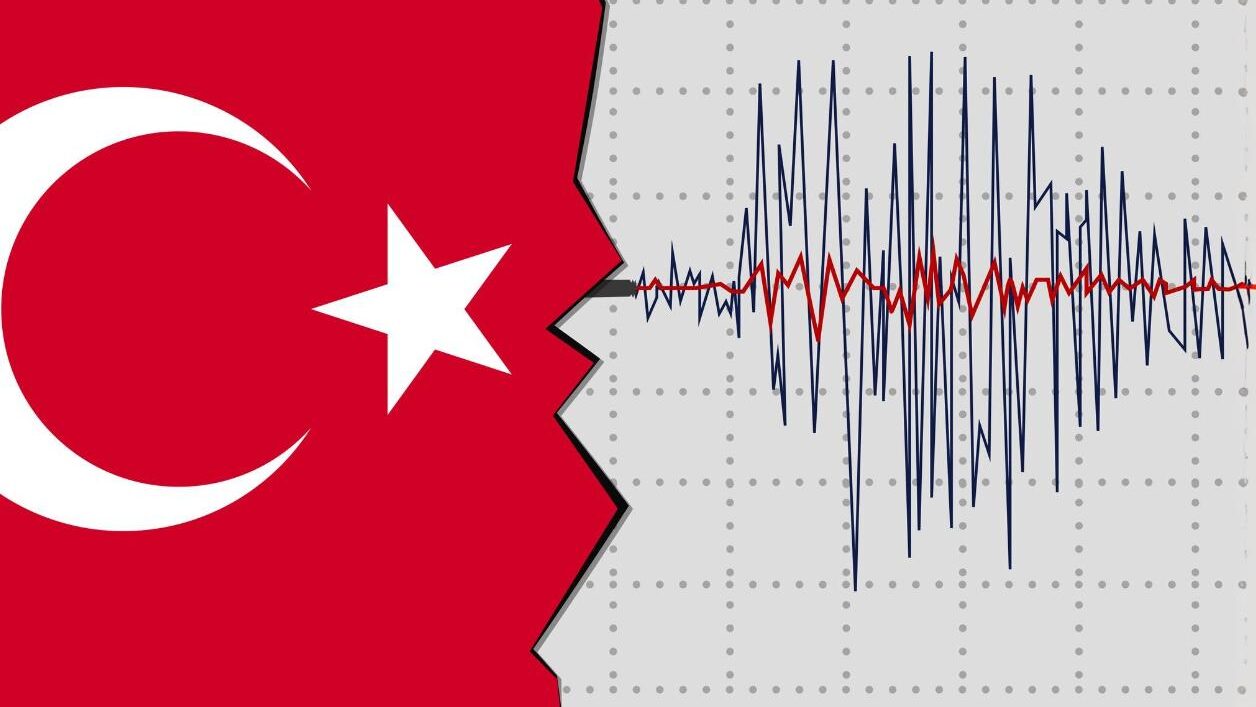Earthquake Jolts Istanbul, Injures Over 150 as Panic Sweeps City
A powerful earthquake struck Istanbul and parts of northwestern Turkey on Wednesday, shaking buildings and sending residents into the streets in panic. The magnitude 6.2 quake, recorded at 12:49 p.m. local time, originated in the Sea of Marmara, about 21 kilometers southeast of Marmara Ereğlisi and 73 kilometers southwest of Istanbul, according to the United States Geological Survey.
The tremor, which lasted around 30 seconds and had a shallow depth of 10 kilometers, was felt across the Istanbul metropolitan area and neighboring provinces including Tekirdağ, Bursa, Yalova, and Balıkesir. Reports also came in from as far as Greece, Bulgaria, and Romania. The earthquake coincided with Turkey’s April 23 National Sovereignty and Children’s Day, a public holiday, which meant many people were at home or in public spaces at the time.
Give the gift of hope
We practice what we preach:
accurate, fearless journalism. But we can't do it alone.
- On the ground in Gaza, Syria, Israel, Egypt, Pakistan, and more
- Our program trained more than 100 journalists
- Calling out fake news and reporting real facts
- On the ground in Gaza, Syria, Israel, Egypt, Pakistan, and more
- Our program trained more than 100 journalists
- Calling out fake news and reporting real facts
Join us.
Support The Media Line. Save democracy.
Although no fatalities were reported, at least 165 people were injured, most of them in Istanbul. Authorities said many of the injuries occurred when people jumped from balconies and windows out of fear. An abandoned building in the city’s Fatih district collapsed, but no casualties were reported. The Istanbul governor’s office confirmed that no residential structures had been destroyed and critical infrastructure such as water, gas, and electricity remained functional.
Interior Minister Ali Yerlikaya said emergency teams were deployed across affected areas to assess structural damage. “I offer my best wishes to our citizens affected by the earthquake. May God protect our country and our nation from disasters,” Yerlikaya said.
The epicenter lies along the North Anatolian Fault Zone, a major tectonic boundary known for producing destructive earthquakes. Experts warn that a stronger quake is likely to hit the Istanbul region before 2030, citing stress accumulation along the fault beneath the Sea of Marmara. The most recent major quake on this fault devastated northwestern Turkey in 1999, killing more than 17,000 people.
In recent years, both the national government and local municipalities have initiated urban transformation projects to reinforce or demolish at-risk buildings. Despite these efforts, large portions of the population remain in vulnerable housing. Many residents expressed concern about the lack of safe open spaces in Istanbul and the preparedness of the city to face a more severe event.



